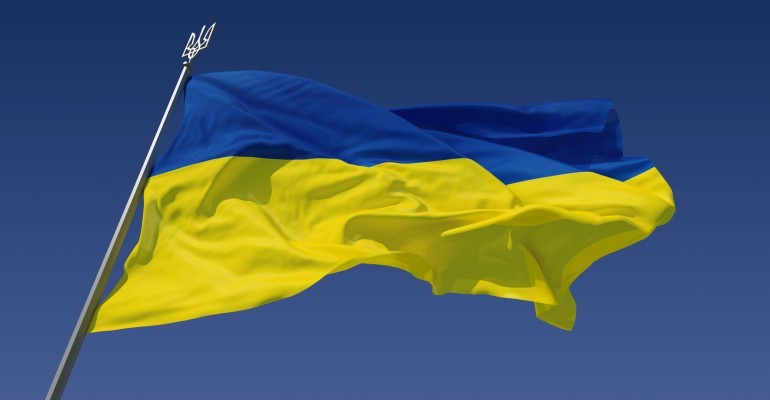Written by Dr. Brian LaPierre, associate professor of history, The University of Southern Mississippi School of Humanities
Vladimir Putin’s war in Ukraine is a cynical, brutal, and inhumane example of the discredited and obsolete principle that “might makes right.” Singlehandedly, Putin has plunged Europe into the worst military crisis since WWII and sank American-Russian relations to the worst depths of the Cold War period. With this obscene and grotesque invasion, Putin is gambling with the future of the country he has misruled and dominated for over two decades. Putin will lose this bet because his war is more than an exercise in ethical and legal nihilism. It is self-defeating.
Through his aggression, Putin has brought about the very outcomes against which he claims to be fighting. Instead of restoring its power, he has isolated Russia diplomatically and smeared its international reputation. Apart from his autocratic allies in China and Mar-a-Lago, Putin has united the world against him and reinforced its commitment to contain Russian expansionism. In contrast to the disunity and ambiguities of the Trump era, Putin has revitalized and given new urgency to both NATO and the Euro-Atlantic alliance of liberal democracies. Rather than rolling back America’s military presence in the former Soviet space, Putin’s hostile policies have led to increased military deployments on Russia’s western frontier.
Putin’s war has also exposed the Russian nation to potentially crippling economic warfare. Sanctions and countersanctions will hurt everyone. They will hit Russia harder and damage it more deeply given his country’s lack of economic depth, diversification, and dynamism. If the sanctions regime is robust, unified, and lengthy, Russia will not be able to escape this economic noose through cryptocurrency transactions, Chinese support, and internal currency reserves. As the ruble tanks and Russians watch the accumulated purchasing power of their hard-earned savings, pensions, and scholarships disappear, many Russians will wonder whether Putin’s military adventure abroad is worth the price of their lowered living standards and livelihoods.
Militarily, Russia has the force to overwhelm Ukraine in this opening phase of conventional military operations. Russia does not have the force, however, to occupy and control Ukraine in the long term through violence alone. Nor can it do so in the face of widespread Ukrainian opposition, resistance, and prolonged insurgency. While it will be easy to invade Ukraine, Putin will find that it is difficult to pacify it, impossible to Russify it, and dangerous to withdraw from it.
Lastly, I do not (and cannot) believe that the Russian public supports this war. For all his false flag operations, disinformation, and posturing, Putin has not prepared Russia to support a war of aggression and territorial aggrandizement in Ukraine. If this conflict is bloody and protracted, it will be deeply distressing and increasingly unpopular with the average Russian. It will also be deeply destructive to Putin’s political image and domestic reputation as a competent and rational technocrat.
Tragically, it is the ordinary people who will suffer the most from Putin’s hubris and mistakes. Undoubtedly, however, this war will produce many more collateral casualties. One of them—unbeknownst to all the cronies and sycophants in the Kremlin—may be Vladimir Putin’s domestic popularity, legitimacy, and power.




























